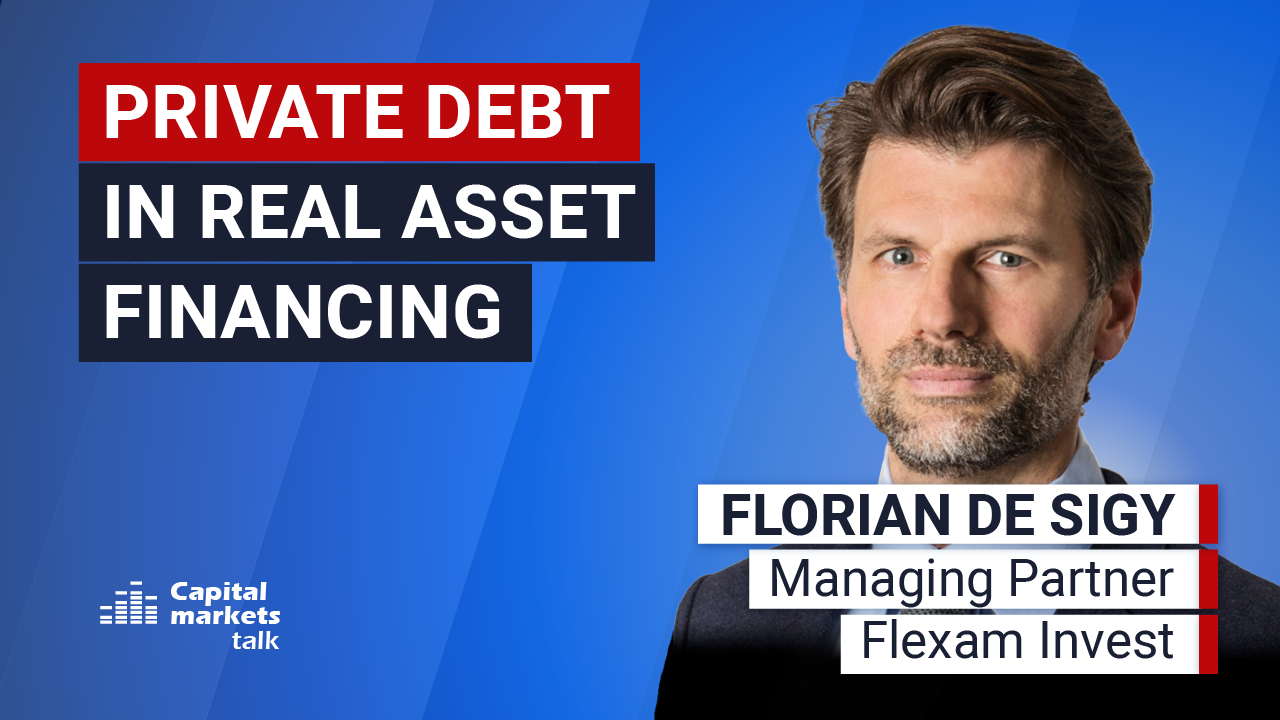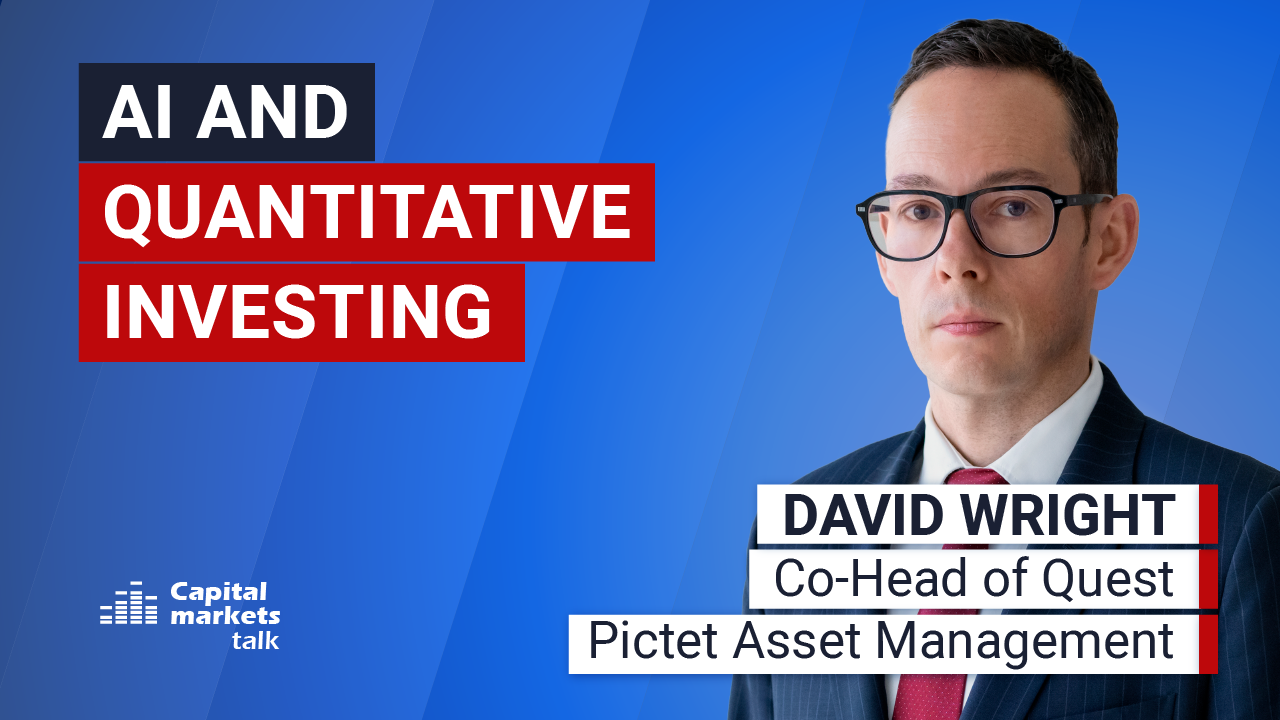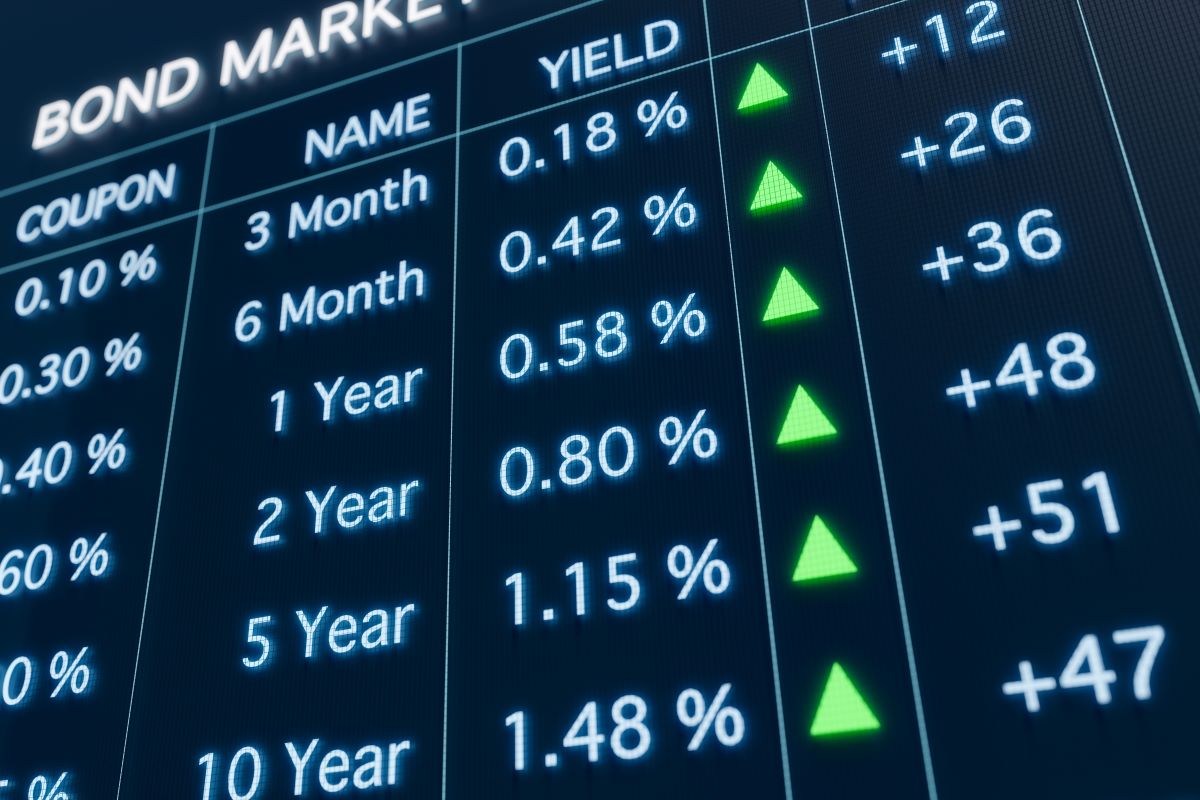Volatility in equity investments has brought focus to other asset classes, and T. Rowe Price says that high-yield bonds are key to diversification in a long-term investment portfolio. High-yield credit has been able to deliver equity-like returns with less volatility, and investors are also taking advantage of the potential compounding effect of coupon payments.
The investment management firm talks about how high-yield bonds have low credit ratings, and carry higher risk, which is offset by higher yields for investors.
“High yield bonds are often considered to be a hybrid asset class because they tend to exhibit characteristics of both fixed income and equities,” writes Kevin Loome, Portfolio Manager at T. Rowe Price.
While fixed-income benefits exist, high-yield credit behaves like equities considering the credit risk and is thus linked to the performance and fundamentals of a business. This hybrid nature makes high-yield credit attractive to both equity and fixed-income investors.
“An analysis of historical sources of return shows that, unlike stocks, high-yield bonds have typically derived the majority of their long‑term total returns from income rather than capital appreciation,” says Loome, adding that relatively high and consistent coupon payments have helped the bonds to have low volatility than stocks.
View the complete insight here.
Read more

Global Trade
Trump ignites global trade war / Reactions
The USA itself will be the victim of Trump’s trade policy.

Private Debt
The case for private debt in real asset financing
What makes the combination of private debt and real assets particularly compelling in today’s market?

Schroders
Looking ahead: 30-year return forecasts
Higher returns are expected across asset classes, driven by stronger productivity growth for equities and elevated long-term central bank rate projections for bonds.

Quant Investing
AI and quantitative investing
Artificial intelligence applications go way beyond stock selection.

Bellevue Asset Management
Demographics and AI drive MedTech stocks
MedTech investment case: What makes it attractive, which trends stand out?





















